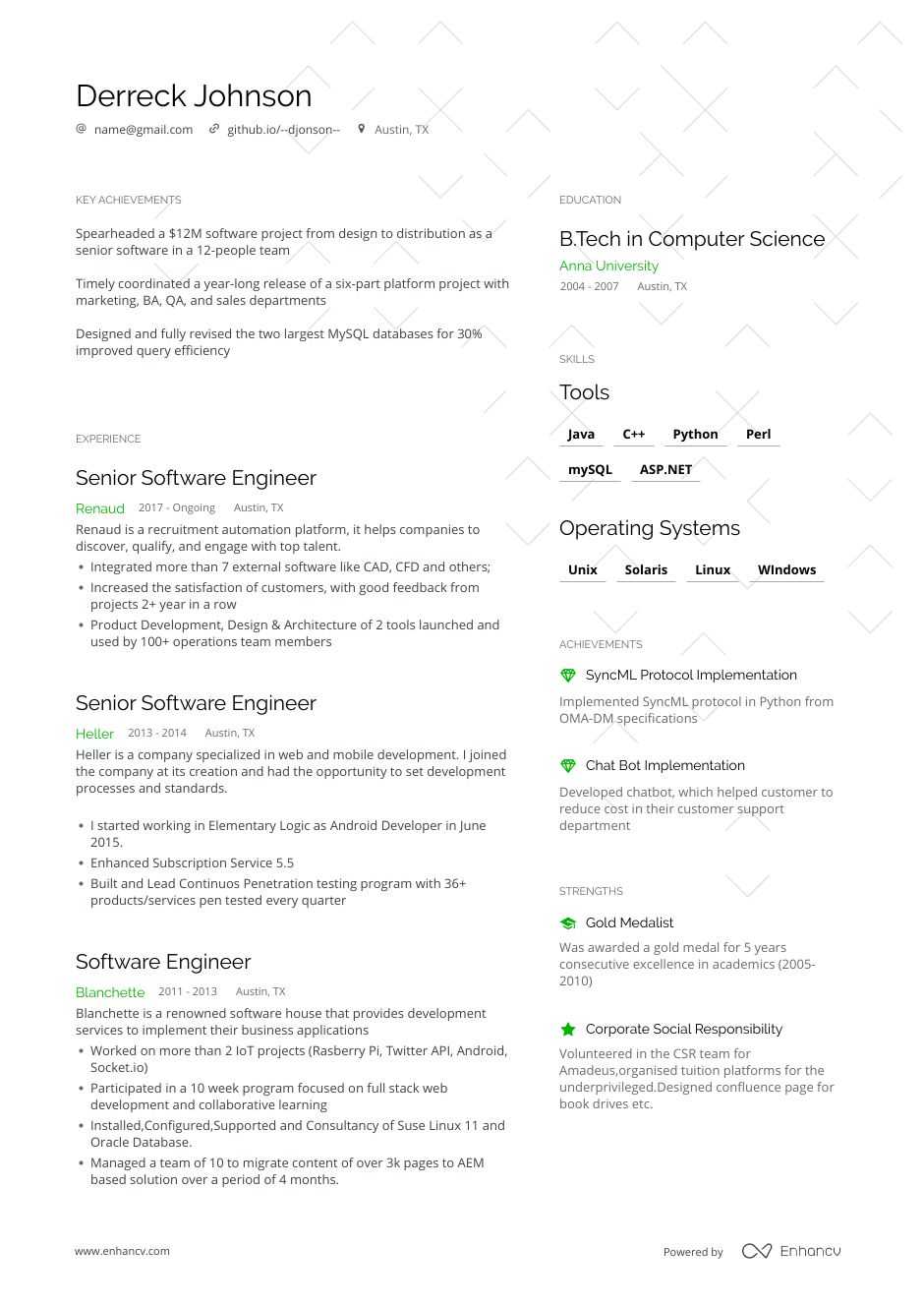


If your goal is to become a doctor in two years and you have yet to complete your undergraduate degree, you're not setting a goal that is realistic or attainable within a certain time frame. The goal should also be attainable and realistic within a specific time frame. "Doing better at sales" is not specific nor easily measurable, for example, but "increasing sales by 5 percent" is. The goal or "aspiration" should be something very specific with a measurable outcome.

The acronym stands for Specific, Measurable, Attainable, Realistic and Timely or Time-bound. Instead of saying that, you might instead say that you'll use that achievement to move into a "management role."Ī common – and effective – method of stating your aspirations is to use the "SMART" goal setting method. Say you're aiming to get your master's degree in order to one day own your own business. Even if fulfilling one of your aspirations may indeed result in you working elsewhere, find a way to tie it to your current employer. Focus instead on career aspirations that pertain to the employer for whom you're doing the self-appraisal. Basically, anything that involves you leaving the employer doesn't have a place. What Not to Sayīefore you get started, recognize that this appraisal is geared toward a specific employer, and thus, some things are best left out. They may also ask a question such as: "Where do you see yourself in five years?" If your employer doesn't give you a template to work from, use these ideas as the framework for your self-appraisal, and use the "Where do you see yourself" question as the one in which you name your career aspirations. Based on the "failures," employers often want to hear about your ideas for improving the situation, and how they can support you in that endeavor. Employers often want to know what successes you've had throughout the appraisal period, as well as the failures or things that didn't go so well. When employers give staff members a self-appraisal template, it tends to include some standard questions.


 0 kommentar(er)
0 kommentar(er)
